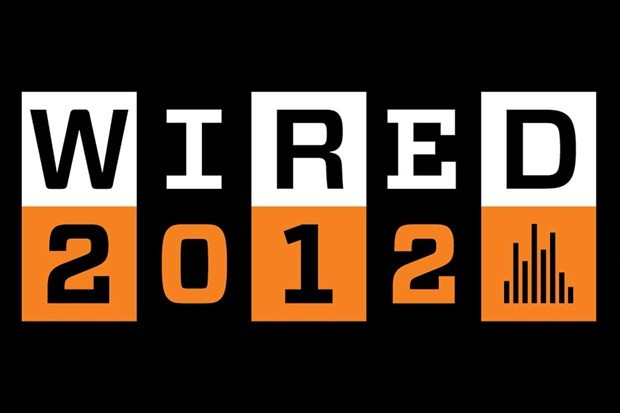BLOG: Disruption With a Capital D
Disruption, with a capital D, as Paul Carr noted recently, is a disease that is afflicting the technology industry recently.

Forget about innovating an industry because you believe in doing something better and driving the future, these days so many founders are too in love with the cheques to realise they may have lost track.
If you haven't read Carr's article about Uber's CEO and the love surrounding Ayn Rand that seems to go on in Silicon Valley, I cannot recommend enough that you do.
And while I will leave it up to you to decide whether his point about the Rand-obsession is right or not, I will bring back the focus towards Disruption with a big D - and the loss of focus.
The Wired Conference is in full swing at The Brewery in London, and as speakers go one after the other, talking about different topics and aspects of innovation, one thing comes out clear: innovation to make money is not enough anymore.
Carr says start-ups should consider a moral dimension in their work, and he isn't wrong. Disrupting an industry just to then go on and become the new boss who really is just the old one repackaged makes no sense.
Speakers
This morning, three speakers went on stage and each delivered a talk surrounding the "new rules of business". Carr is right on topic, or maybe this talk is right on topic.
Slowly, but surely, we are rethinking the idea of innovation and of "disrupting" an industry. We're not talking about disrupting with a big D, not it's back to the small d, the one that was at one time at the core of the Valley.
Start-ups, companies in technology are at the forefront of something big, something that is truly driving our lives. Just making money is not acceptable now, there is an expectation for these innovative companies to really drive a movement and do something. Something good.
Jessica Greenwood, director of business strategy for R/GA, used the example of Nike and its fuel band, using technology, innovating in a market and bringing something different; using the data it collects to create a social, linked community.
Nike, a mass market company, of course is driven by profit, but it is also driven by using innovations and look into making something new. Innovation is also about taking risks.
Tim Harford took to the stage to talk about innovation and how some of the most successful innovative ventures were also some of the riskiest - doubted by many until proven to be good ideas.
Sometimes, to be truly disruptive and drive the most changes, people have to take risks, start-ups need to take risks. And while there are many chances things will go wrong, there is also a tiny possibility things will go incredibly right and that's what counts.
Of course, we live in a capitalist world and money still drives many things, but knowing that there are some people in disruptive sectors that really do it with the idea of changing the world and the order it operates does bring a flicker of hope.
© Copyright IBTimes 2025. All rights reserved.





















